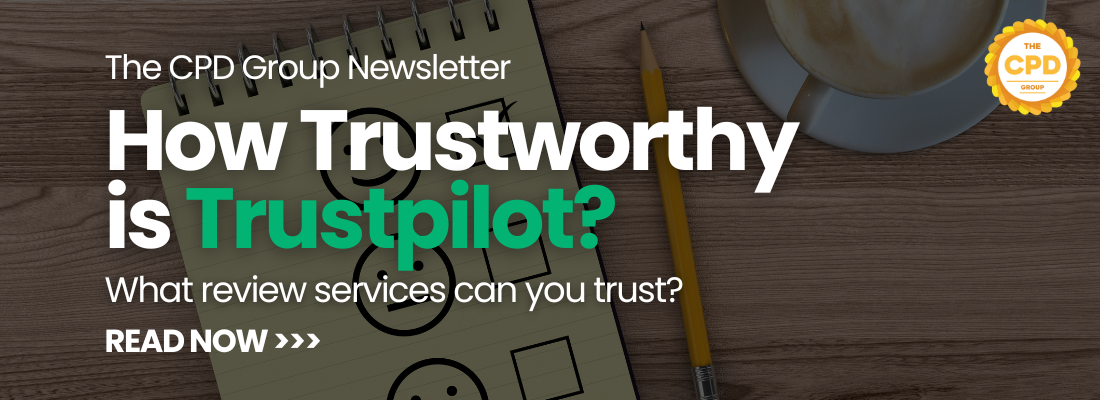Reviews are more important than ever...
Reviews are one of the top ways that consumers make purchasing decisions in 2025. Finding out what other consumers say about a product or service gives potential consumers an unbiased insight into other customers' direct experience of the service.
In a study completed by BrightLocal, it was found that around 98% of consumers read reviews before completing a purchase. The study also suggested that the more reviews a company has, the more likely a buyer is to trust the company.
With reviews being a key part of the purchasing process, it’s important for consumers to understand how review websites work, and which platforms you should trust when searching for a testimonial.
One of the most popular review sites is Trustpilot. With 714,000+ companies listed on the platform, it is one of the top 10 review sites available to customers. But should you trust it?
Trustpilot is one of the most popular review sites, but should you trust it?
Profit over purpose
Trustpilot states that their goal is to be “the universal symbol of trust, bringing consumers and businesses together through reviews.”
They state that “Trustpilot is open, independent, and impartial — we help consumers make the right choices and businesses to build trust, grow and improve.”
However, it seems that Trustpilot may prioritise its profits over its stated purpose and might not be entirely impartial when it comes to reviews.
Trustpilot's business model
Trustpilot is one of the few platforms that requires businesses to pay for greater control over their reviews. In contrast, platforms like Google, Facebook, and TripAdvisor do not charge for this.
How does the subscription work?
After a company has paid Trustpilot a subscription fee, Trustpilot users are then required to prove a “contractual relationship” with the business to leave a review, to validate whether they have actually used the service.
However, if a company does not pay this subscription fee, anyone is able to leave a review, regardless of whether they have proof of purchase or not.
"Unclaimed" companies (those that haven't paid a subscription fee) also have less powers to report false or fraudulent reviews.
Is this "Impartial"?
This business model goes against Trustpilot's promise to be "impartial" as it shows preference to companies that subscribe to the service, rather than providing a fair and reliable review platform that instils trust in its users.
By charging businesses to manage their profiles, respond to reviews, and require proof of a customer relationship, Trustpilot creates an unfair two-tier system where paying businesses get more protection and control, while those that don’t pay are left open to unverified and possibly misleading reviews.
Does this seem fair or impartial to you? We'll let you make up your own mind!
What review services should you trust?
When looking for reviews, it’s important to ensure that they are legitimate – and that the review site does not discriminate based on whether the business pays for a subscription or not.
Google reviews are a good option when looking for reliable reviews, as they do not have a subscription model in place.
Companies do not have to pay to verify or manage their business on Google; so it is a fair platform where no company can be discriminated against.
If someone has left a misleading or fictitious review, Google does not charge to investigate the claim, meaning that everyone has an equal right to appeal reviews and ensure that reviews are a fair reflection of the service.
Do your research 🔍
It's important to do your own research when looking for reliable reviews to ensure you get a true picture of the service or product you require.
If you have any questions, please get in touch!



Discussion (0)
Join the conversation and share your insights with our community
Join Our Community
Share your expertise, ask questions, and engage with fellow CPD professionals
Start the Conversation
Be the first to share your thoughts on this article. Your insights could help other professionals in their CPD journey.